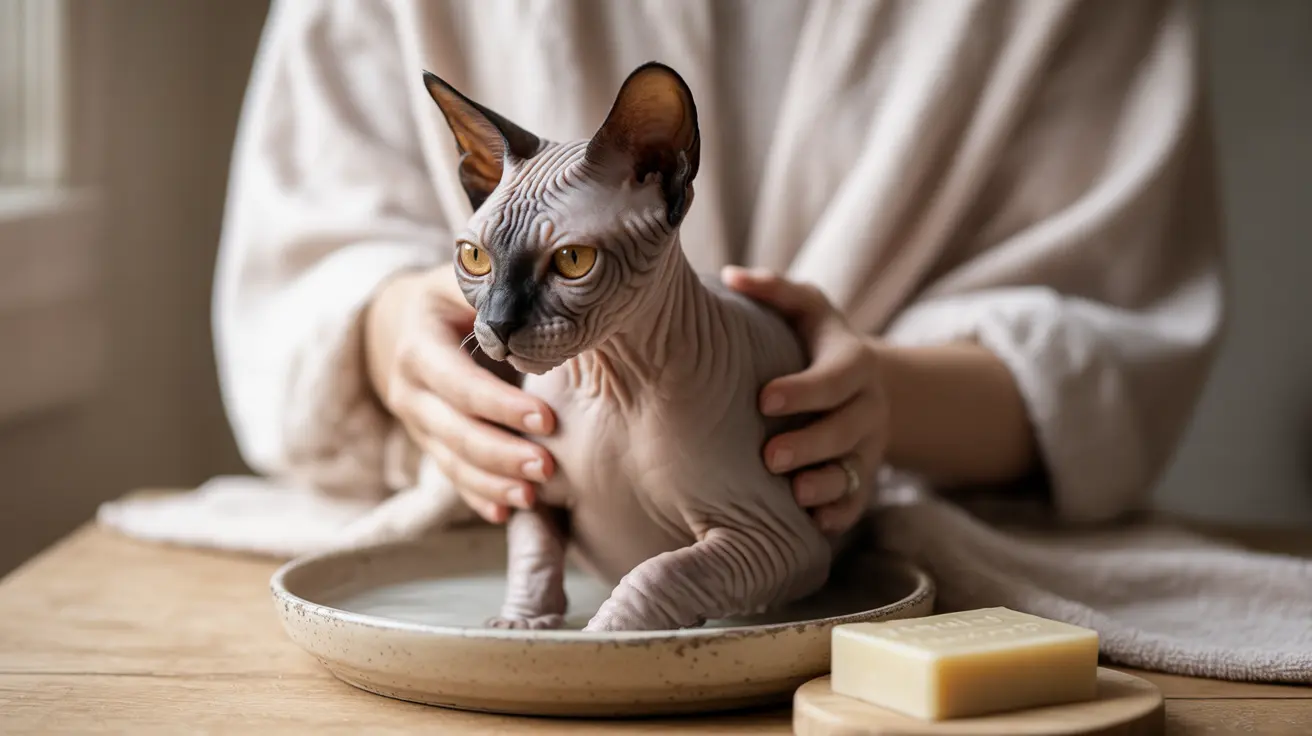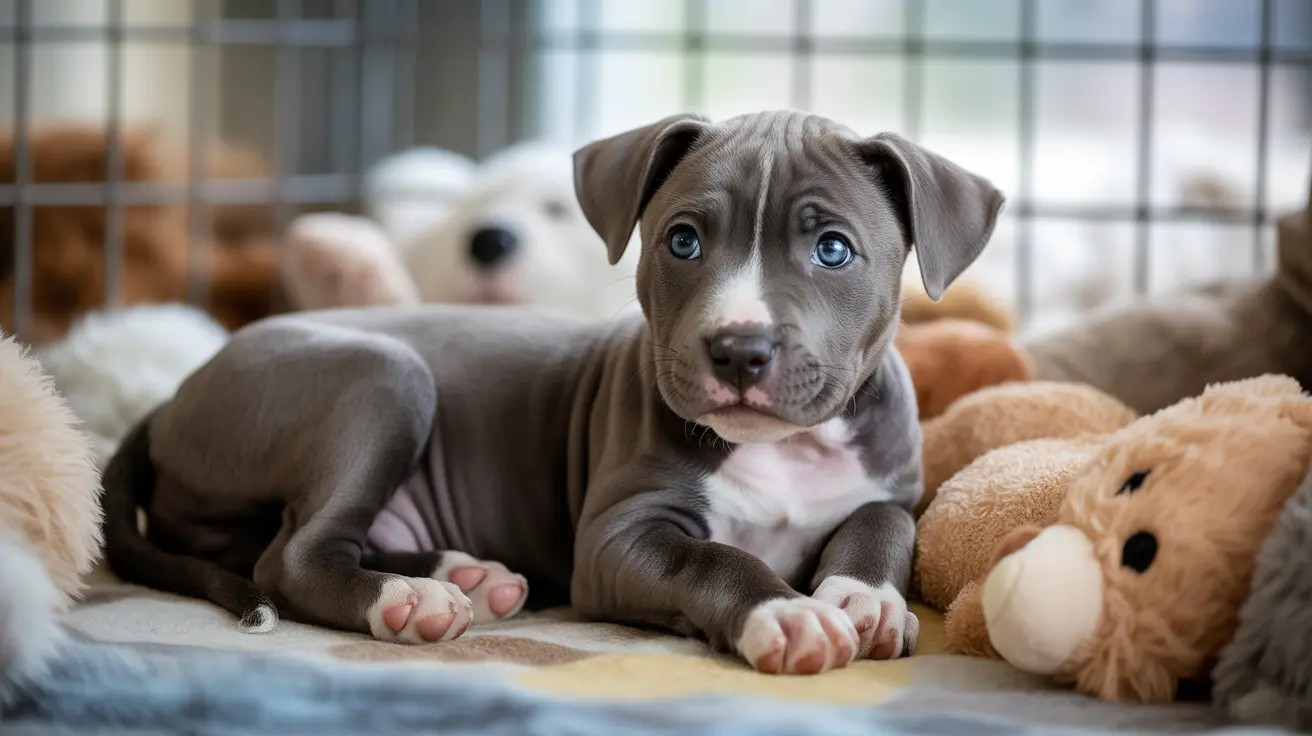For cat lovers seeking a unique companion, naked cats offer an extraordinary blend of exotic appearance and affectionate personality. These remarkable felines, characterized by their minimal to absent fur, have captured the hearts of pet enthusiasts worldwide with their distinctive looks and loving temperaments.
While they may appear low-maintenance at first glance, these specialized breeds require particular attention and care due to their lack of protective fur. Let's explore everything you need to know about naked cats, from their various breeds to their specific care requirements.
Popular Hairless Cat Breeds
Several distinct breeds fall under the category of naked cats, each with unique characteristics and personalities:
The Sphynx Cat
The most recognized naked cat breed, the Sphynx, features wrinkled skin, a muscular body, and distinctive bat-like ears. Despite their sometimes stern expression, they're known for their playful and energetic nature.
The Bambino Cat
A fascinating hybrid between the Sphynx and Munchkin cats, the Bambino combines hairlessness with shortened legs. These adorable felines typically maintain the friendly disposition of both parent breeds while featuring a unique appearance that sets them apart.
Physical Characteristics and Features
Naked cats possess several distinctive physical traits that make them unique:
- Skin texture ranging from completely bare to suede-like with fine fuzz
- Visible skin pigmentation patterns that mirror traditional cat coat colors
- Higher body temperature than furred cats
- Wrinkled appearance, particularly around the neck and face
- Large, expressive eyes
Special Care Requirements
Caring for naked cats requires specific attention to several key areas:
Skin Care
Regular bathing is essential to remove excess oils that would normally be absorbed by fur. Most naked cats need weekly baths using gentle, cat-specific products to maintain healthy skin.
Temperature Regulation
Without protective fur, naked cats are sensitive to temperature extremes. They need warm environments and may require cat-specific clothing during colder months.
Sun Protection
These cats are susceptible to sunburn and should be protected from direct sunlight. Indoor living is strongly recommended, with limited supervised outdoor exposure.
Personality and Temperament
Naked cats are renowned for their affectionate and social nature. They typically display these characteristics:
- Strong bonds with their human families
- High energy levels and playful dispositions
- Intelligence and curiosity
- Social nature with other pets
- Need for constant companionship
Frequently Asked Questions
How often should I bathe my hairless cat to maintain healthy skin?
Most hairless cats require weekly bathing using a gentle, cat-specific shampoo to remove excess oils and maintain healthy skin. However, some may need more or less frequent bathing depending on their individual skin condition.
What are the best ways to keep a hairless cat warm during cold weather?
Maintain a warm indoor environment, provide heated beds or pads, and use cat-specific clothing like sweaters when necessary. Ensure they have access to sunny spots and warm blankets for comfort.
Why do hairless cats need regular ear cleaning, and how often should it be done?
Without protective ear hair, naked cats accumulate dirt and wax more quickly. Clean their ears weekly using pet-safe ear cleaner and cotton balls to prevent infections and buildup.
How can I protect my hairless cat from sunburn and what are the best sun protection methods?
Keep your cat indoors during peak sun hours, use UV-blocking window films, and provide shaded areas. If outdoor time is necessary, use pet-safe sunscreen specifically formulated for cats.
What specific dietary requirements do hairless cats have to maintain healthy skin and prevent oil buildup?
Hairless cats need a high-quality diet rich in protein and essential fatty acids. They typically require more calories than furred cats to maintain body temperature. Consider supplements like omega-3s for skin health, but always consult with your veterinarian first.
Conclusion
While naked cats require more specialized care than their furry counterparts, their unique appearance and loving personalities make them extraordinary companions. Understanding their specific needs and providing appropriate care ensures these remarkable felines can thrive in their forever homes.






